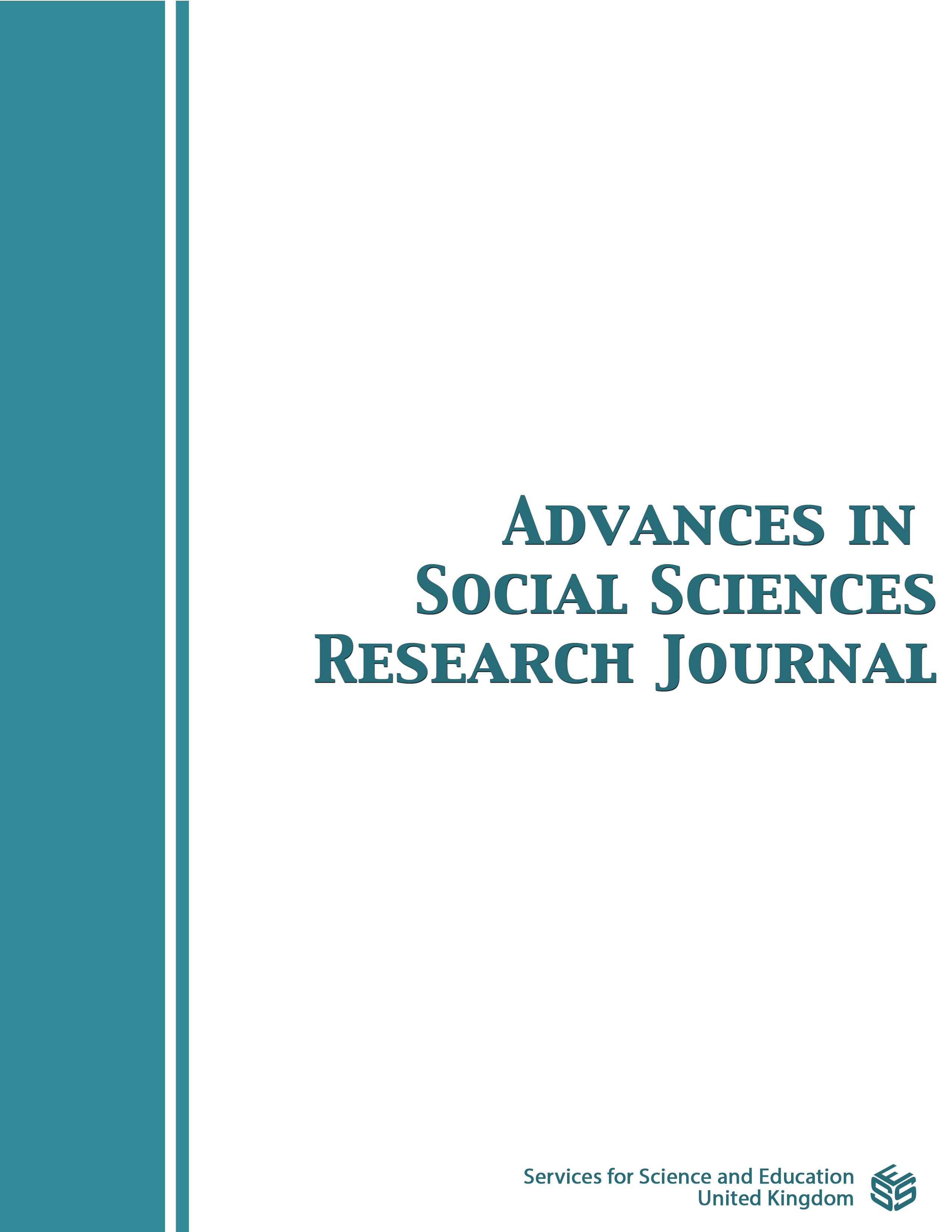Coping Mechanisms to Income Loss by Girls and Women During COVID-19: Evidence from Selected Informal Settlements in Kenya
DOI:
https://doi.org/10.14738/assrj.102.13937Keywords:
COVID-19, household vulnerability, loss of income, risky and negative coping mechanismsAbstract
This study investigated the coping mechanisms that were adopted by girls and women to mitigate the impacts of income loss due to COVID-19 pandemic. A mixed methods approach involving use of desk review, cross-sectional survey, key informant interviews and focus group discussions was employed. A logit regression model was estimated using data collected from 402 randomly selected households from Kibra, Mathare, Obunga and Nyawita informal settlements. Most households in the informal settlements lost employment and incomes during the pandemic leading to increased food insecurity. Girls and women bore a disproportionate share of the burden of employment and income loss and could not access basic necessities including food and house rent, suffered increased sexual harassment, exploitation and abuse, and experienced increase in conflicts within households. To mitigate the impacts of income loss, households reduced food intake or skipped meals, made use of social support systems, begged from well-wishers. Use of risky and negative coping mechanisms including early and forced marriage, as well as transactional sex increased among adolescent girls, and young and older women. The study recommends design and implementation of business and non-business development services to engage women entrepreneurs in more stable income generating activities for enhanced post COVID-19 recovery. Further, County government departments for gender, youth and cultural services, and community and faith-based organizations should undertake more sensitization programmes in the informal settlements to influence attitudes of girls and young women on early marriage and transactional sex. Government-based social protection programmes for the vulnerable households should be made more open and transparent, free from harm, manipulations and abuse. Beneficiary targeting of such programmes should also be based on the differential vulnerabilities of households in each location. Early response of the government and other institutions to cushion vulnerable households during crises can significantly avert negative coping mechanisms and mitigate rising and compounded vulnerabilities and inequalities faced by girls and women.
Downloads
Published
How to Cite
Issue
Section
License
Copyright (c) 2023 Perez A. Onono, George K. Kosimbei, Jacob O. Omolo, Gladys J. Rono, Peter K. Musyoka

This work is licensed under a Creative Commons Attribution 4.0 International License.
Authors wishing to include figures, tables, or text passages that have already been published elsewhere are required to obtain permission from the copyright owner(s) for both the print and online format and to include evidence that such permission has been granted when submitting their papers. Any material received without such evidence will be assumed to originate from the authors.






